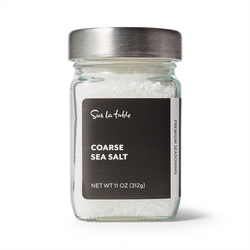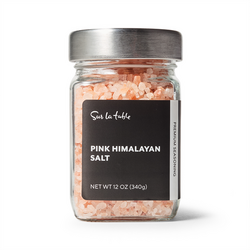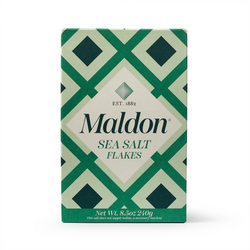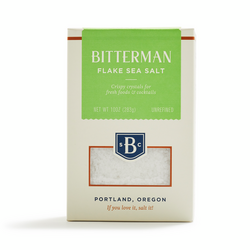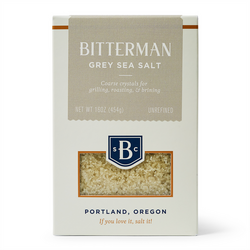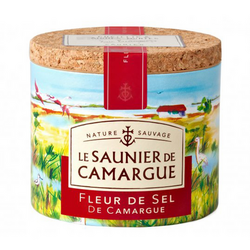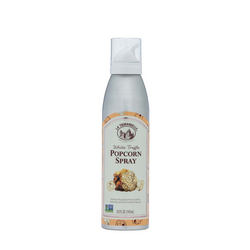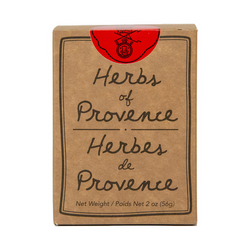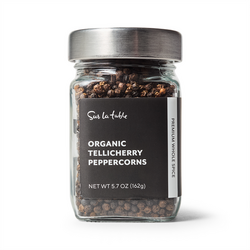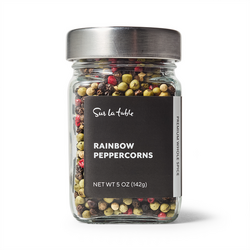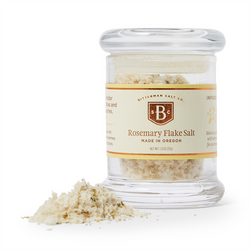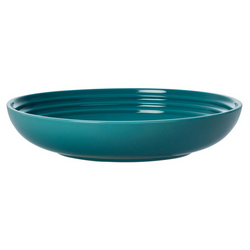-
(2)
Salt is Kosher, but is not Kosher salt. Works OK in grinder....All salts are Kosher, but not all salt is Kosher salt.
Pros: versatile
Add to Bag -
This nutrient and mineral-rich salt is excellent on grilled meats, seafood, veggies and more. The beautiful pink tint is due to trace minerals and the darker colors present indicate an increased number of beneficial trace elements like iron. Though our...
Add to Bag -
(6)
Maldon sea salt...Best salt ever
Pros: enjoyment, light touch, versatile
Add to Bag -
(4)
Best salt ever! It is light and refreshing. Perfect for food finishing. ...This is simply the best salt I've ever had....Best Salt Ever
Add to Bag -
(2)
This is worth it's salt...pun intended....The difference between regular sea salt and the smoked is pronounced. This salt is lovely....It is a great concept of an idea: the salt smells amazing and has a very strong smoked smell even when inside of a...
Pros: flavor, difference in taste, post-cooking application
Add to Bag -
(1)
Great salt...Great salt! Makes meats taste better!
Add to Bag
Salt For Fermenting Cabbage
Fermentation is a great way to preserve food. It can help you save money, avoid additives, and make your own healthy probiotics. And one of the easiest ways to ferment food is with salt. These salts can be used to make sauerkraut, kimchi, and other fermented foods. They are also great for pickling vegetables. Here are some great options.
Salt For Fermenting Cabbage
Choosing the best salt for fermentation is about more than just flavor; it’s about supporting the beneficial bacteria that transform cabbage into something greater than the sum of its parts. Additives like iodine or anti-caking agents, often found in common table salt, can inhibit these natural processes, so it’s wise to reach for pure salts specifically recommended for fermenting. The early summer months are an ideal time to start a fermenting project, with fresh, crisp cabbage in abundance at local markets and gardens. Whether you’re preserving a bumper crop or experimenting with new flavors, the right salt ensures your efforts are rewarded with a bright, tangy crunch every time. Fermenting cabbage at home is a satisfying way to connect with tradition and enjoy vegetables at their peak, and sharing a jar of homemade sauerkraut or kimchi makes a thoughtful, personal gift for friends, family, or anyone who appreciates the art of slow food.
For anyone interested in exploring the world of fermentation, stocking up on the best salt for fermenting cabbage is a smart first step. It’s a small detail that makes a big difference, whether you’re filling crocks for the first time or refining your own signature blend. Alongside cabbage, these salts are versatile enough for a variety of kitchen projects, from pickles to brines and beyond. If you’re curious about expanding your salt collection or want to explore more options for everyday cooking, our selection of Sea Salts For Cooking offers a range of pure, high-quality choices that bring out the best in every recipe. With the right salt on hand, you’re ready to transform simple cabbage into a delicious, probiotic-rich staple that’s as at home on a summer picnic table as it is in your daily meals.
Top Picks For Salt For Fermenting Cabbage
FAQ List
Salt for fermenting cabbage is specifically designed to provide the necessary nutrients and texture for successful fermentation, whereas regular salt may contain additives or have a different texture that can affect the fermentation process.
The amount of salt needed for fermentation can vary depending on the recipe and personal preference, but a general rule of thumb is 1-3 tablespoons of salt per 5 pounds of cabbage.
While some types of salt may work for fermenting cabbage, it's best to use a salt specifically designed for fermentation to ensure the best results. Look for salts that are free of additives and have a high mineral content.
The fermentation process for cabbage can take anywhere from a few days to several weeks, depending on the recipe and the temperature of the fermentation environment. It's important to monitor the fermentation process and taste the cabbage regularly to determine when it's reached the desired level of sourness.
Fermented cabbage, such as sauerkraut and kimchi, is a great source of probiotics, which can help support a healthy gut microbiome. It's also high in vitamins C and K, and may have anti-inflammatory properties.

